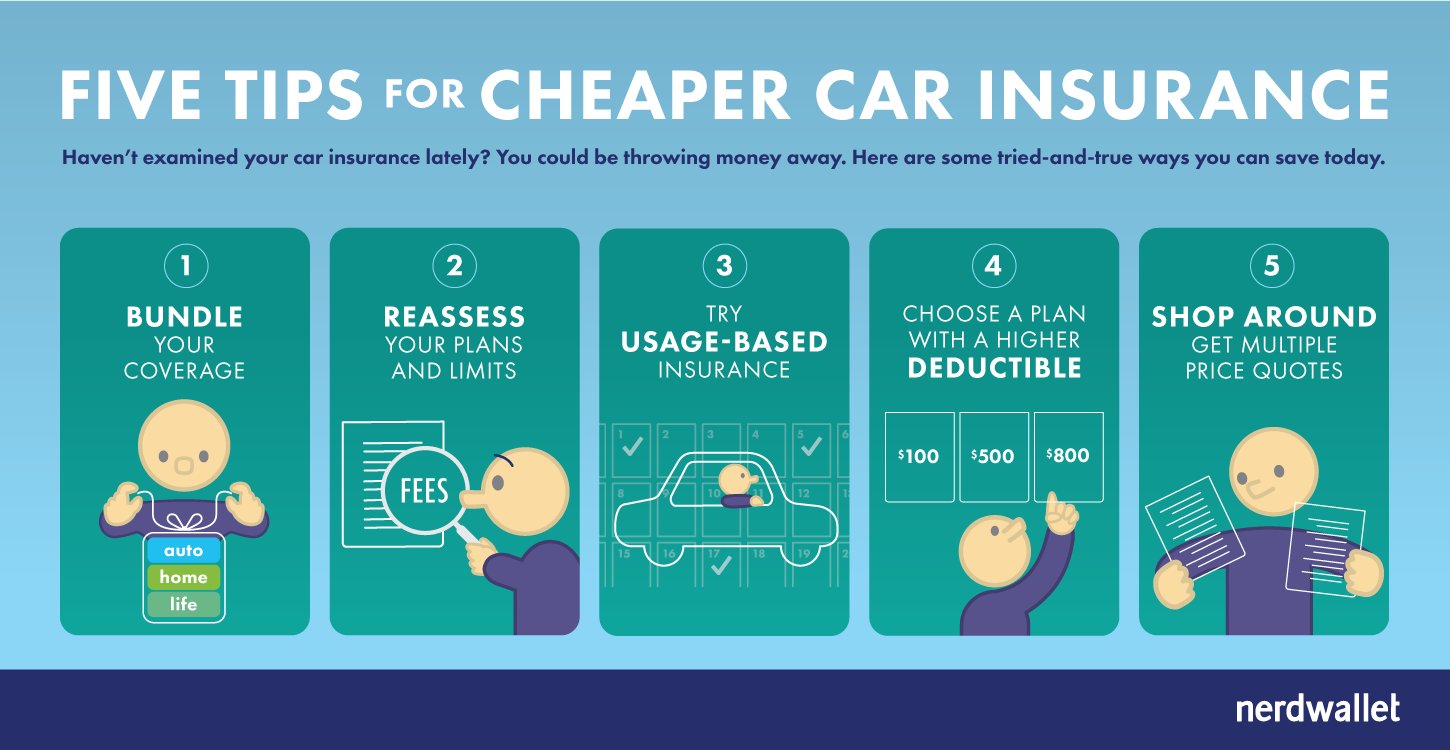In the realm of car insurance, a lot of drivers find themselves navigating a complex world filled with misconceptions and false beliefs. Comprehending car insurance near me open now and outs of auto insurance can be daunting, and as a result, several false beliefs continue to persist. These myths not just lead to confusion but can also hurt your wallet when it comes time to make decisions about insurance coverage.
In this article, we will debunk the top five myths related to car insurance that you need to disregard. Whether you are a new driver seeking coverage for the first time or a seasoned road warrior looking to save on premiums, it is crucial to have a clear understanding of what is factual and what is not. Knowing the realities can empower you to make informed choices regarding your auto insurance policy and help you avoid costly mistakes down the line.
Myth 1: High-end Cars Ask for Increased Insurance
Numerous people think that owning an expensive car automatically equates to increased insurance costs. Though it is true that some high-end vehicles come with higher sticker prices, the cost of insurance is influenced by more just the car's price. Elements like security ratings, repair costs, and the probability of theft play major roles in calculating insurance premiums. A high-end car with excellent safety ratings may actually have lower rates compared to a more affordable model that is often stolen.
Moreover, many luxury brands have exclusive insurance programs that feature competitive rates for expensive vehicles. Underwriters often see these cars as investments, and owners might take more care of them, which leads to lower accident rates. As a result, a properly cared for expensive car might not cost significantly more to insure than a standard vehicle, refuting the myth that higher price directly equates to more expensive insurance costs.
In some situations, the form of protection selected can substantially impact premiums as well too. If an owner selects only the least amount of liability coverage for an expensive car, they may pay reduced than someone with a more affordable vehicle who opts for comprehensive coverage. Hence, it is important to assess personal needs and insurance options rather than take for granted that all expensive cars need higher insurance.
Myth 2: Crimson Cars Cost Increased to Insure
The assertion that red cars cost increased to insure is a common falsehood among drivers. Many people think that the color of a vehicle can influence insurance premiums, leading them to believe that red vehicles attract more scrutiny from law enforcement or are involved in collisions more often. However, insurance companies determine pricing based on multiple factors, such as the car's make, model, safety ratings, and the driver's history, rather than the hue of the vehicle.
Research has shown that the hue of a car has no definite association with insurance costs. Instead, insurers focus on figures when calculating rates. Factors like the chance of theft, the cost of repairs, and how often certain types of cars are involved in incidents are far more important. For example, a sports car, regardless of its shade, may have higher insurance rates due to its performance characteristics rather than being burgundy.
In summary, the idea that scarlet cars are more high-priced to insure is simply a misconception that has lingered over time. It's vital for car owners to understand that when shopping for auto insurance, the key factors to consider involve the vehicle's details and the driver's profile instead of the color. By focusing on these crucial elements, drivers can make more wise decisions regarding their insurance coverage.
Myth 3: The Credit Score You Have Does Not Impact Your Premium

Many people believe that their credit score doesn't influence on their car insurance rates, however, this is a widespread myth. In truth, insurance companies commonly incorporate credit scores as one of the factors to determine premiums. An excellent credit score can bring about lower rates, while a poor credit score can cause more expensive premiums. This method is based on the understanding that people with higher credit scores tend to submit less frequent claims.
The reasoning behind this practice is straightforward. Insurers see a correlation between a person’s creditworthiness and the probability of making a claim. Consequently, when calculating risk, insurers consider credit scores alongside driving history and other factors. If you neglect your credit score, it might be more expensive than you think when it comes to the price of your auto insurance.
To potentially lower insurance costs, it's prudent to monitor your credit score regularly and improve it if you need to. Easy actions, such as paying your bills punctually and reducing debt, can help enhance your credit score, which may ultimately bring about more affordable car insurance options. Don’t underestimate the importance of your credit score in the world of auto insurance.
